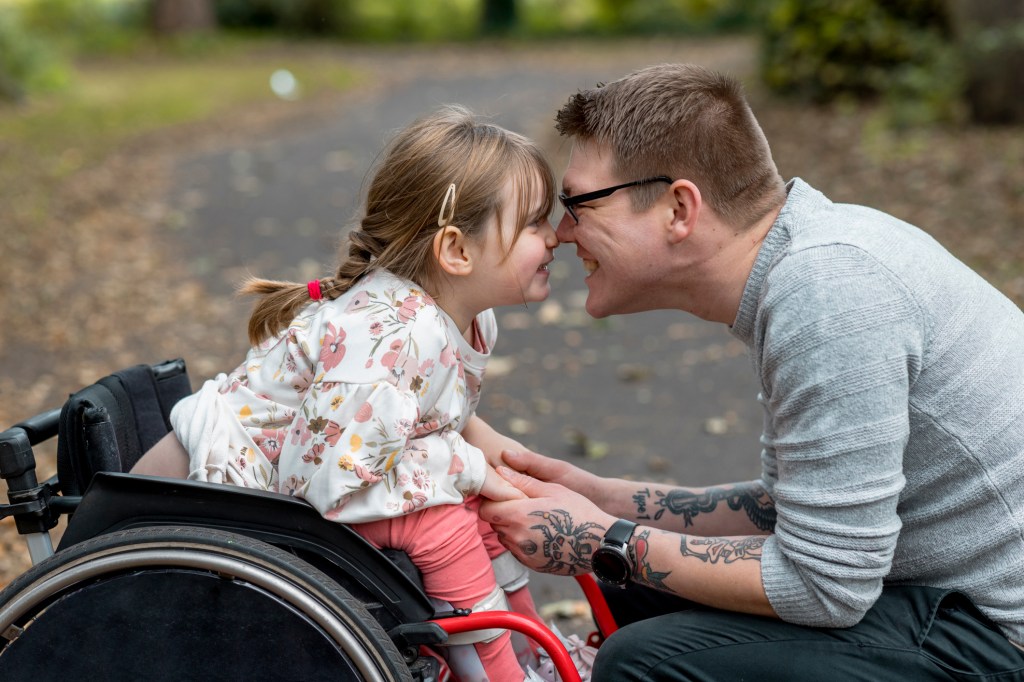
Careforth Expands Coordinated Caregiving Services Statewide in North Carolina
Careforth, a leading provider of caregiver support and resources, is expanding its family caregiving services to the entire state of North Carolina. Careforth’s comprehensive services provide financial assistance, expert coaching, and emotional support to caregivers of people of all ages. Having launched in 2020, we are currently serving hundreds of caregivers across the state and are excited to extend our support to many more.
Careforth’s Caregiver Support and Resources in North Carolina
Expanding under North Carolina’s Community Alternatives Program for Children (CAP/C) Waiver and the Community Alternatives Program for Disabled Adults (CAP/DA) Waiver, Careforth will now support more families caring for loved ones at home. This statewide expansion includes caregivers of adults aged 18 to 64 with disabilities, seniors aged 65 and older through the CAP/DA Waiver, and caregivers of medically fragile and medically complex children aged 0 to 20 through the CAP/C Waiver.
“Becoming a statewide Coordinated Caregiving provider in North Carolina is a privilege as we work to expand support for the state’s growing community of over one million family caregivers,” Careforth Chief Executive Officer Marc Russo said. “Caregivers play an invaluable role in the health and well-being of our families, and this expansion allows us to better serve those caring for a spouse, parent, child, or friend. Together, we can help improve the lives of both family caregivers and their loved ones.”
Careforth connects family caregivers with an expert care team of coaches and care managers who provide guidance on everything from managing daily care and medications to navigating the challenges and stresses of caregiving. Cybil, a North Carolina caregiver in the Coordinated Caregiving program, cares for her 13-year-old daughter, Ava. “Having caregiver support like Careforth has helped me focus on my well-being in order to be a happier and stronger mom, wife, and the best caregiver I can be for my daughter,” Cybil said.
Careforth Supports Caregivers in North Carolina
With this expanded reach, Careforth reinforces its dedication to supporting caregivers across North Carolina. By providing families with resources, emotional guidance, and financial assistance we can help caregivers deliver exceptional care for their loved ones at home. North Carolina family caregivers can learn more about the services we offer here. Case Management Agencies looking to make a referral for Coordinated Caregiving can get in touch with us here.
More insights like this:
-
Bradley Cooper’s Caregiving Reminds Us Who’s Really Holding Families Together
Read more: Bradley Cooper’s Caregiving Reminds Us Who’s Really Holding Families TogetherThe new documentary, Caregiving, comes at a critical moment. As Congress weighs major decisions that could impact families across the country for years to come, this film offers something powerful to inform those deliberations. It provides a window into the lives of family caregivers, and a lesson on the pivotal points in time…
-

Celebrating 25 Years of Supporting Family Caregivers
Read more: Celebrating 25 Years of Supporting Family CaregiversWhen Careforth began 25 years ago, it wasn’t just about launching a company. It was about showing up for families who were overwhelmed, unseen, and doing everything they could to care for someone they love at home. That belief—that family caregivers matter—has fueled every step of our journey since. Today, we celebrate a…
-
Marc Russo Named Careforth Chief Executive Officer
Read more: Marc Russo Named Careforth Chief Executive OfficerCareforth is pleased to name Marc Russo as its new Chief Executive Officer, effective immediately. Russo joins Careforth with a distinguished and successful career in healthcare including operational and financial leadership at several managed care organizations. “It’s a privilege to step into this role at Careforth, where the focus is on providing families…